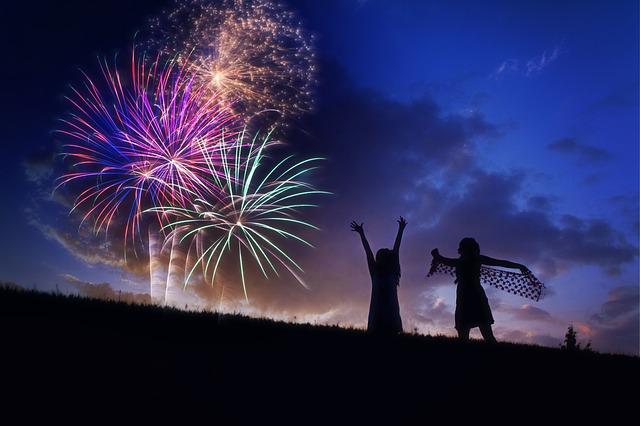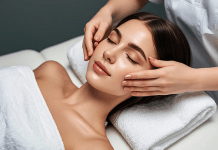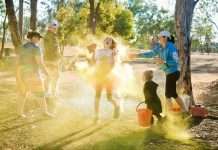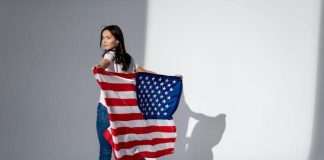
This July 4, many Americans will attend firework displays and the American Academy of Audiology is advising the public to exercise caution and remember to protect hearing from loud fireworks that may damage hearing. Professional fireworks, as well as those used in the backyard, can be extremely detrimental to hearing.
Americans impacted by hearing loss hits record numbers
Each year, growing numbers of Americans are reporting hearing loss. While some of this is due to aging and other factors, exposure to loud noise also is a leading cause of hearing loss. Noise from fireworks can reach up to 155 decibels. To put this into perspective, this is louder than a jet plane taking off (150 decibels from 25 meters away) or a jackhammer (approx. 100 decibels). Damage to hearing can come from multiple lifetime exposures as well as a one-time blast. According to the Centers for Disease Control, loud noise over 120 decibels may cause immediate harm to hearing.
Surprisingly, the greatest risk to hearing is not the professional fireworks displays (although they do pose a risk), but rather the backyard fireworks people use themselves to celebrate. “Never hold a firework or firecracker, with the intention to throw it before it explodes. Even if you do throw it in time (to avoid injury to your hands and face), if it is anywhere close to you when it explodes, your hearing can be immediately and permanently damaged,” cautioned Sarah Sydlowski, Au.D., Ph.D., MBA, president of the American Academy of Audiology. Sydlowski is also audiology director of the Hearing Implant Program and associate chief improvement officer at the Cleveland Clinic. “The inner ear contains delicate hair cells which do not regrow. Once these are damaged by noise, the result may be permanent hearing loss.”
Signs of hearing loss may include:
- Hearing ringing, buzzing, or hissing noises one or more days after exposure to fireworks.
- Muffled hearing after the fireworks.
- Suddenly having to turn up the volume of the television, radio, or stereo and having other family members complain that the volume is too loud.
- Difficulty understanding people speaking to you and asking people to repeat themselves.
- Difficulty with phone conversations and understanding the other person.
- Sudden inability to hear the doorbell, crickets, the dog barking, and other household sounds.
- People telling you that you speak too loudly.
- Difficulty understanding speech in background noise.
Children are particularly vulnerable
The National Institutes of Health recommends using ear plugs or other hearing protection when around fireworks or other loud noises. “Children are at particular risk for hearing loss from ‘backyard’ fireworks displays, because of their excitement and curiosity and wishing to be close to the activity,” Sydlowski explained.
The number of Americans facing hearing loss is at a record high and rising annually. Outdoor activities involving loud noise can pose a significant threat to hearing health. More than 40 million Americans have some type of hearing loss with approximately 10 million of those attributable to noise-induced hearing loss—exposure to loud noise.
The American Academy of Audiology recommends that anyone experiencing hearing loss or suspecting they may have hearing loss see an audiologist. For more information, or to find an audiologist, visit www.howsyourhearing.org.
__________________________________________________________________
The American Academy of Audiology is the world’s largest professional organization of, by, and for audiologists. Representing the interests of audiologists and future audiologists nationwide, the Academy is dedicated to providing quality hearing care services through professional development, education, research, and increased public awareness of hearing and balance disorders.















